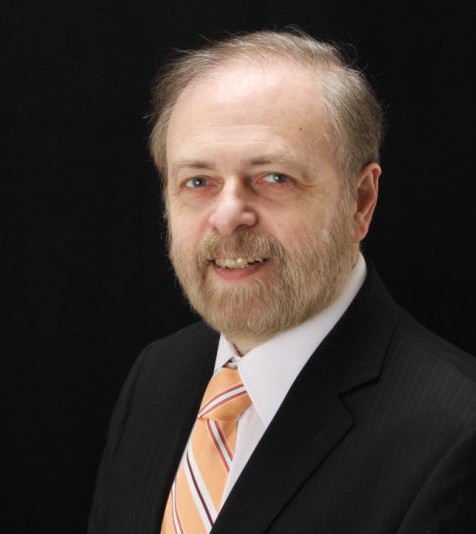By Rabbi Mordechai Levin
Published by the Omaha World Herald – September 1, 2012
Our celebration of Rosh Hashanah, the Jewish New Year, begins on September 16. This holiday marks the beginning of a ten-day period known as the “Days of Awe” or the “Ten Days of Repentance, which culminates on the fast day of Yom Kippur, the Day of Atonement.”
This is a time for prayer and reflection, self examination, repentance and reconciliation. It is a time for us to evaluate the past year, to rejoice in the blessings we have enjoyed, to repent for our wrongdoings and sins, and to seek forgiveness from God and from the people in our lives.
Since memory is an essential aspect of life, remembrance is a frequent theme of Rosh Hashanah, It is memory which molds identity. A person devoid of memory is an individual devoid of self. Individuals and nations need to remember and record significant moments of personal and national history.
It’’s good for us as individuals to remember: to remember our loved ones and friends, the blessings we enjoy, the kindnesses done to us, and the happiness that comes our way in living. It is important to remember our responsibilities, and the promises we have made.
Yet there are times for each of us when forgetting – if not permanently, then at least temporarily – is a blessing. There are times when it is best to forget insults and injustices done to us because nursing that anger can poison our lives, hurting us more than it punishes the object of our ire. It is best to forget certain worries and distresses of the past that cannot be changed. It is better to forget the gossip and slander that we hear before we repeat it.
On this Rosh Hashanah, may we choose wisely what to remember and what to forget.
 is the rabbi of Congregation Beth Israel in Munster, IN. He received his rabbinic ordination from the Latin American Rabbinical Seminary, and is a member of the Rabbinical Assembly. In 2010, he was awarded an Honorary Doctorate of Divinity from the Jewish Theological Seminary in New York City for his years of dedicated service to the Conservative movement and the Jewish community...
is the rabbi of Congregation Beth Israel in Munster, IN. He received his rabbinic ordination from the Latin American Rabbinical Seminary, and is a member of the Rabbinical Assembly. In 2010, he was awarded an Honorary Doctorate of Divinity from the Jewish Theological Seminary in New York City for his years of dedicated service to the Conservative movement and the Jewish community...